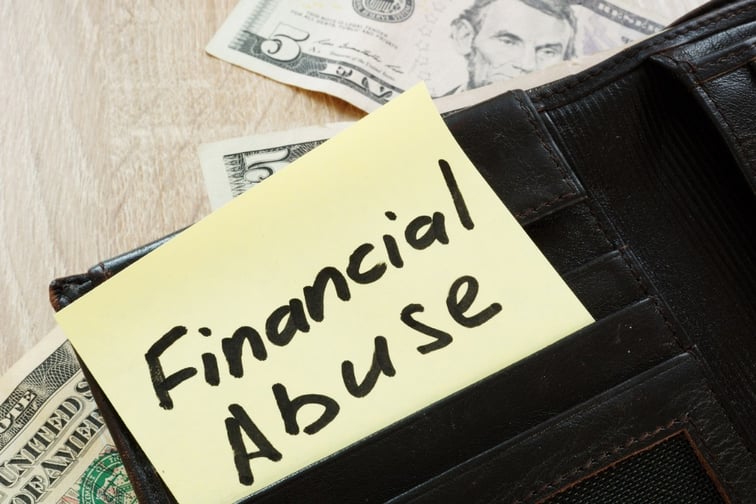

Economic and financial abuse is linked to domestic and family violence, according to new research by Commonwealth Bank and the UNSW Generated Violence Research Network (GVRN).
Statistics showed that one in four women and one in 13 men have fallen victim to domestic or family violence by an intimate partner, with 90% of those who seek support having experienced financial abuse.
“These are concerning figures,” UNSW professor Jan Breckenridge told Financial Standard. “Financial abuse is not limited to intimate partner domestic violence. Older people can experience abuse from their adult children or extended family members, parents can experience abuse from their teenage children, people who are living in group care can experience abuse. We know that economic and financial abuse are often heavily intertwined with other forms of domestic and family violence, and that it can often prevent a person from leaving an abusive relationship.”
Commonwealth Bank’s Matt Comyn said that while Australians knew domestic and family violence was an urgent issue, far fewer were aware of how closely it was linked to financial abuse.
“Now more than ever is the time for individuals, business, the community, and government to come together to shine a light on this issue, because we can’t afford not to,” Comyn said.
According to the Commonwealth Bank, UNSW research collaboration, a lack of consistent definitions made it difficult to measure the prevalence of financial abuses.
But for transparency’s sake, Breckenridge said financial abuse is characterised by coercive behaviours, including controlling or withholding finances, appropriating income, failing to contribute to expenses, and making one partner liable for joint debt or bills.
“These behaviours can have ongoing and long-term consequences for victim-survivors, including to their housing and employment security,” Breckenridge told Financial Standard. “Abusers often continue to generate economic costs in the victim’s name, even after the relationship ends; for example, perpetrators can deliberately extend Family Court matters affecting property settlement. Perpetrators can also block or sabotage employment and education opportunities, what’s known as economic abuse. These behaviours promote economic dependence and leave those impacted financially compromised and socially isolated.”
Abusers even go as far as send abusive messages in the description of one-cent banking transactions and messages like “I’m outside watching you,” Breckenridge said.
It may also be difficult to unmask abuse due to social cultural norms, with factors such as refugee status, language barriers, depression, and old age raising the potential for financial hardship, the research found.
Cultural norms around finance, family harmony, and caregiving make financial abuse difficult to recognise and report, Breckenridge said, especially in intimate partner relationships, where traditional gendered expectations regarding the management of finances could facilitate abuse behaviours and mask preparators’ tactics.
In First Nations communities, abuse is also a possibility in the broader family system.
“Cultural values around shared wealth and resources can move beyond positive sharing and support to increase a victim-survivor’s financial stress,” Breckenridge said.
In response to research findings, CBA and UNSW called for financial services to invest in culturally appropriate financial literacy programs and plain-language product descriptions to ensure financial help is culturally sensitive and accessible, Financial Standard reported.
